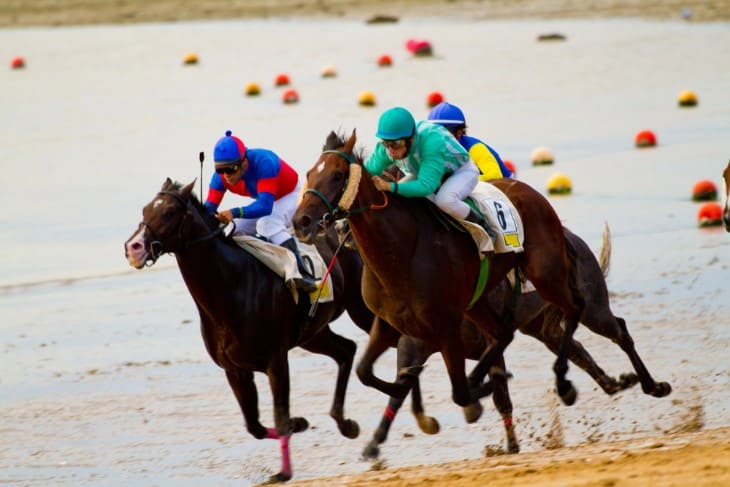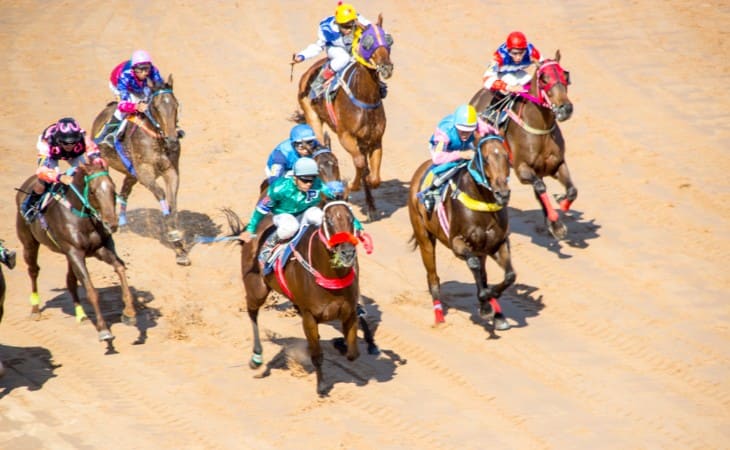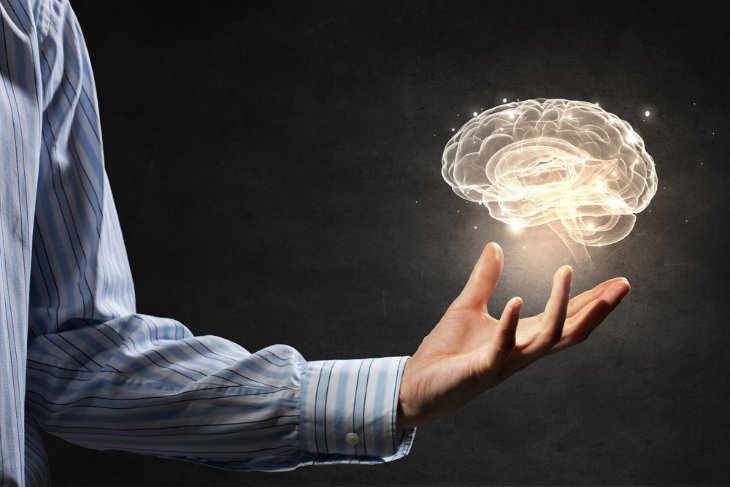- The Emotional Terrain of a Jockey
- Sensing Emotions: The Innate Sensitivity of Horses
- Addressing Performance Anxiety in Both Riders and Horses
- The Art of Decision Making in a Split-Second
- Cultivating Mental Robustness in Horses
- The Deep Dive into Equine Psychology
- Rituals and Their Psychological Impact
- The Trainer’s Role in Shaping Mindsets
- Overcoming Setbacks: Building Resilience Post-Race
- Importance of Off-Track Bonding
- Adapting to External Elements: Crowd, Weather, and More
- Learning from Opponents: Psychological Insights from the Competition
- The Thrill and Peril of Victory and Loss
- The Continuous Evolution of Racing Psychology
- Team Dynamics in Racing
- Nutrition and Psychology
- Role of Equipment in Mental Comfort
- The Impact of Injuries
- Rest and Recovery: Mental Implications
- The Psychology of Starting: Importance of a Good Start
- The Role of Technology in Understanding Psychology
- Evolution of Racing Styles: Psychological Considerations
- Conclusion
The Psychological Dance of Horse Racing
The exhilarating realm of horse racing extends beyond just physical competition; it delves deep into a web of thoughts and feelings. Each race represents a delicate interplay between jockey and horse, with their unique mental states shaping their collective performance. Such psychological nuances can impact speed, endurance, and choices made during the race. For both jockey and horse to perform at their best, a mutual mental equilibrium is crucial. Anxiety or miscommunication can disrupt a race plan, no matter how well-crafted.
The Emotional Terrain of a Jockey
Each jockey, like any elite athlete, faces a tumult of emotions on race day. From the raw adrenaline of competition to the immense pressure of expectation, jockeys have to manage these emotions to perform at their peak. The key is not to suppress emotions but to channel them positively. For instance, converting nervousness into focus can make the difference between a lost race and a photo finish. Additionally, a jockey's ability to stay grounded, especially when faced with unexpected challenges during a race, speaks volumes about their emotional mastery.
Sensing Emotions: The Innate Sensitivity of Horses
Horses, with their innate sensitivity, can pick up and mirror the emotions of those around them. This empathetic quality makes them incredible racing partners but also means they are deeply affected by their jockey's emotional state. A jockey's unease or tension can easily be transmitted to the horse, influencing its behaviour and performance. On the flip side, a calm and confident jockey can instil the same feelings in their horse, leading to a harmonious and synchronised racing effort.
Addressing Performance Anxiety in Both Riders and Horses
Performance anxiety, while natural, can be debilitating if not addressed. Both jockeys and horses are prone to these feelings. For jockeys, techniques such as mindfulness, deep breathing, and visualisation can help combat anxiety. Horses, on the other hand, require consistent training regimes and an environment of trust to overcome their nervousness. Regular exposure to race-like conditions, combined with positive reinforcement, can help prepare them mentally for actual race days.
The Art of Decision Making in a Split-Second
A single race is filled with countless split-second decisions. Every decision, from pacing to positioning, can drastically change the outcome. For jockeys, it's a combination of intuition, honed by years of experience, and a deep understanding of their horse's capabilities. These rapid choices are a testament to their mental agility. Likewise, a well-trained horse, sensing shifts in its jockey's weight or subtle rein cues, needs to respond instantaneously, showcasing its own decision-making prowess.
Cultivating Mental Robustness in Horses
A horse's mental fortitude is as crucial as its physical stamina. They must be prepared for the cacophony of race day – from the roaring crowds to the presence of other competitive horses. Training must, therefore, be holistic. Exposure to simulated race day environments, like playing crowd noises during training sessions or practicing with multiple horses, can condition them for the real experience. These repeated exposures gradually desensitise them to potential race day stressors.
The Deep Dive into Equine Psychology
Equine psychology is a rich tapestry of behavioural patterns, memories, and instincts. Like humans, horses too have memories of past events, both traumatic and pleasant. Trainers and jockeys must be attuned to these memories and behaviours. Recognising a horse's signs of distress or comfort can help in tailoring training methods. For instance, if a horse has had a negative experience with a particular part of the track, additional focus can be given to making it comfortable with that area.

Rituals and Their Psychological Impact
Rituals play an integral part in establishing a sense of predictability and comfort. For jockeys, these might include visualisation techniques or specific warm-up routines. Horses, too, benefit from rituals. Whether it's a specific grooming routine, a particular treat before a race, or even a familiar blanket, these rituals can offer a sense of familiarity amidst the chaos of race day, grounding both jockey and horse and preparing them mentally for the task ahead.
The Trainer’s Role in Shaping Mindsets
Trainers are pivotal in shaping the mindset of both jockey and horse. Their influence extends beyond physical training; they are also psychological anchors. By understanding individual nuances, strengths, and vulnerabilities, trainers can mould training regimes to cater to both mental and physical needs. Their insights can often make the difference, helping jockeys and horses overcome psychological barriers to performance.
Overcoming Setbacks: Building Resilience Post-Race
Setbacks are a given in the world of racing. Yet, the real strength of a jockey and horse duo is frequently showcased in their capacity to recover. Reflecting after a race is crucial. Evaluating mistakes, recognising emotional catalysts, and planning for upcoming races are integral to this introspective journey. Building such resilience not only readies them for subsequent races but also deepens their mental connection.
Importance of Off-Track Bonding
Bonding away from the racetrack can significantly influence on-track performance. Shared experiences, whether they are long rides, grooming sessions, or simply time spent together, build trust. This trust becomes the bedrock of their partnership during races. A horse that trusts its jockey is more likely to respond positively, even in high-pressure situations. Similarly, a jockey who understands their horse's quirks and preferences can make better-informed racing decisions.
Adapting to External Elements: Crowd, Weather, and More
Racing doesn't occur in a vacuum. Variables such as crowd noise, weather changes, and track conditions play a role. These external elements introduce additional layers of psychological complexity. While a roaring crowd might energise one horse, it might intimidate another. Similarly, unexpected rain might be a boon for a jockey familiar with wet track conditions but a challenge for others. Adapting to these ever-changing variables becomes a crucial psychological skill in racing.
Learning from Opponents: Psychological Insights from the Competition
Racing is as much about understanding one's opponents as it is about understanding oneself. Observing competitors, noting their strategies, and understanding their strengths and weaknesses can provide invaluable insights. It's a game of mental chess. Predicting an opponent's move, based on past races or their current behaviour, adds a layer of strategic depth to racing, making it a mentally stimulating sport.
The Thrill and Peril of Victory and Loss
The emotional aftermath of a race can be as intense as the race itself. Managing these emotions, celebrating victories without overconfidence and handling losses without plunging into despondency, is crucial. This balance ensures long-term growth and development. It's also essential for mental well-being. Continuous losses, if not handled well, can lead to decreased confidence, while continuous victories without introspection can lead to complacency.
The Continuous Evolution of Racing Psychology
As the broader field of sports psychology evolves, its application in horse racing becomes more nuanced. New techniques, ranging from advanced visualisation exercises for jockeys to sensory training for horses, continually reshape the psychological landscape of racing. Embracing these changes ensures that the mental game remains as sharp as the physical one.
Team Dynamics in Racing
Beyond the jockey and horse pairing, there's an entire team behind every race – from trainers to groomsmen. The psychological dynamics within this team can significantly influence race outcomes. A cohesive team, where members communicate effectively and understand their roles, can provide a stable environment for both jockey and horse, leading to better performances.
Nutrition and Psychology
Just as nutrition affects physical performance, it also has psychological implications. A well-fed horse is not just energetic but also more content and less irritable. For jockeys, a balanced diet ensures better focus and mood stability. Monitoring and tweaking dietary intake can thus have direct implications on the mental well-being of both jockey and horse.

Role of Equipment in Mental Comfort
The right equipment, be it saddles, bridles, or racing silks, plays a part in the psychological comfort of both jockey and horse. Uncomfortable equipment can be a distraction, leading to reduced focus and performance. Ensuring that both horse and jockey are comfortable with their gear is as vital as any training routine.
The Impact of Injuries
Physical injuries are not just physiological setbacks; they have a significant psychological impact. A recovering jockey might face fear or hesitancy, while a horse might develop anxiety or aversion towards certain activities. Recognising and addressing these psychological implications is crucial during the rehabilitation process.
Rest and Recovery: Mental Implications
Rest is not just physical. It's a time for mental recovery, reflection, and rejuvenation. Ensuring adequate rest periods for both jockeys and horses can prevent burnouts and maintain peak psychological performance. It's a time to disconnect, process experiences, and come back with renewed focus.
The Psychology of Starting: Importance of a Good Start
The start of a race sets the tone for the rest. A good start can boost confidence, while a shaky one can introduce doubt. Training for consistent starts, understanding the importance of positioning, and ensuring that both horse and jockey are in the right mental space at the beginning can make a significant difference in race outcomes.
The Role of Technology in Understanding Psychology
With advances in technology, tools like biofeedback, heart rate monitors, and even AI-driven behavioural analysis are becoming available. These tools provide insights into the psychological states of both jockey and horse, allowing for more targeted training and intervention strategies.
Evolution of Racing Styles: Psychological Considerations
As racing styles and strategies evolve, so do their psychological implications. Adapting to new racing formats, understanding the mental demands of each, and ensuring that both jockey and horse are prepared for these shifts is crucial. It's about staying ahead of the curve, both physically and mentally.
Conclusion
Horse racing is a nuanced mixture of speed, strategy, and psychology. While the physical aspects are often celebrated, the psychological intricacies form the undercurrent that drives every race. Recognising, understanding, and harnessing these psychological elements can elevate the racing experience, making it as much a cerebral pursuit as a physical one.








